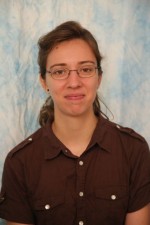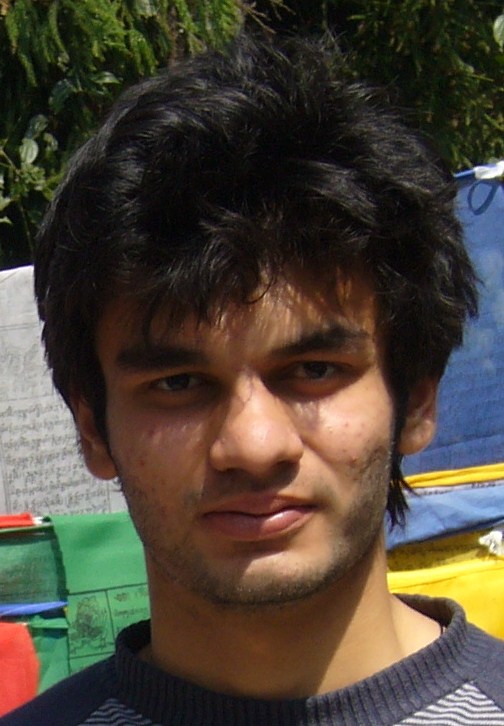Faculty Candidate Talk: Extreme Motions in Natural and Synthetic Systems
Areas of Interest: Extreme motions of small-scale natural and synthetic systems Abstract: Small organisms can achieve extraordinary accelerations, speeds, and forces repeatedly throughout their lifespan with minimal costs. For example, bacteria can effectively swim in low Reynolds number environments, rotating their flagella at 100 Hz; mantis shrimp break clam shells with a single strike, [...]
Faculty Candidate Talk: Design and Evaluation of Everyday Interactive Robots
Areas of Interest: Human-Computer Interaction and Robotics Host: Aaron Steinfeld Admin Contact: Peggy Martin pm1e@andrew.cmu.edu As robots appear in more everyday environments, they will have new opportunities to enhance the lives of the people around them. Despite this potential gain, modern robots lack many of the necessary skills to effectively interact with people. In particular, almost all [...]
Marine Robotics: Planning, Decision Making, and Learning
Abstract: Underwater gliders, propeller-driven submersibles, and other marine robots are increasingly being tasked with gathering information (e.g., in environmental monitoring, offshore inspection, and coastal surveillance scenarios). However, in most of these scenarios, human operators must carefully plan the mission to ensure completion of the task. Strict human oversight not only makes such deployments expensive and [...]
Faculty Candidate: David Braun
Areas of interest: Robotics, Optimal Control, System Dynamics, Impedance Control, Variable Impedance Actuators Host: Hartmut Geyer Admin Contact: Keyla Cook keylac@andrew.cmu.edu
Carnegie Mellon University
Kernel and Moment based Prediction and Planning: Applications to Robotics and Natural Language Processing
Abstract This thesis focuses on moment and kernel-based methods for applications in Robotics and Natural Language Processing. Kernel and moment-based learning leverage information about correlated data that allow the design of compact representations and efficient learning algorithms. We explore kernel algorithms for planning by leveraging inherently continuous properties of reproducing kernel Hilbert spaces. We introduce [...]
On challenges in image generation
Abstract: Recent work has shown impressive success in automatically synthesizing new images with desired properties such as transferring painterly style, modifying facial expressions, increasing image resolution or manipulating the center of attention of the image. In this talk I will discuss two of the standing challenges in image synthesis and how we tackle them: - [...]
Faculty Candidate: Ling-Qi Yan
Areas of Interest: Physically-based rendering, appearance modeling, molumetric scattering, light transport algorithms, sampling & reconstruction theory Host: Srinivasa Narasimhan Admin Contact: Nora Kazour nkazour@andrew.cmu.edu
Learning Common Sense: a Grand Challenge for Academic AI Research
Abstract: In a world where Google, Facebook, and others possess massive proprietary data sets, and unprecedented computational power---how is a graduate student to make a dent in the universe? I’ll address this conundrum by re-visiting one of the holy grails of AI: acquiring, representing, and utilizing common-sense knowledge. Can we leverage modern methods including deep [...]
Signal Processing – From Images to Surfaces
Abstract: In this talk we will revisit some classical techniques from image processing and explore what is involved in translating them to the context of surfaces. We will show that by leveraging existing methodology from discrete differential geometry, it is often easy to extend the image-based techniques so that they can be used to edit [...]
Faculty Candidate: Computational Sensorimotor Learning
Areas of Interest: Artificial Intelligence Host: Abhinav Gupta Admin Contact: Chris Downey cdowney@andrew.cmu.edu Abstract: An open question in artificial intelligence is how to endow agents with common sense knowledge that humans naturally seem to possess. A prominent theory in child development posits that human infants gradually acquire such knowledge by the process of experimentation. [...]









